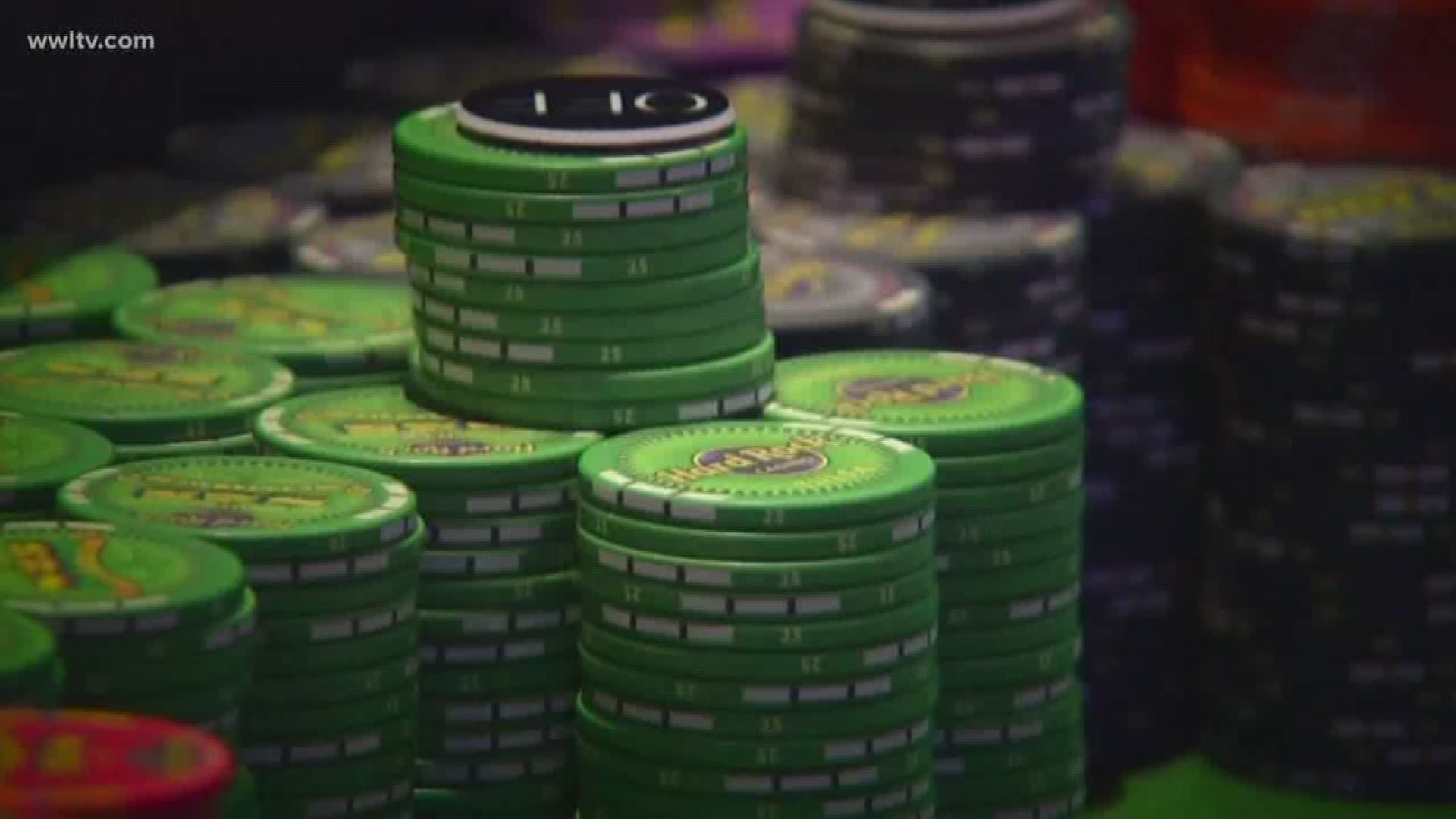NEW ORLEANS — Years ago, a woman we'll call 'Sue' lost her husband and was living on a fixed income with two young children. She thought gambling could supplement her income, but after four years of compulsive gambling, she was broke.
"It's devastating. It's devastating. It brings you to a point of wanting to commit suicide," she said.
Sue lived with the hope she would win.
"I thought that if I won enough money, all of my problems would be solved. And that has nothing to do with it," said Sue.
"There is research now that shows that gambling disorders are very similar to substance abuse disorders," said Dr. Rosanna DiChiro, a psychologist with the Jefferson Parish Human Services Authority.
Psychologists and counselors with the Jefferson Parish Human Services Authority say often times people have both substance and gambling disorders. Both report symptoms of withdrawals, cravings, getting high and relapsing.
There is a genetic component and people with alcoholism in their families are more at risk for a gambling disorder. Studies show adolescent smokers, people with alcohol dependence and gamblers have lower activation in reward pathways in the brain.
But there is treatment, and it's free at the JPHSA.
DiChiro said through group and individual therapy, symptoms like triggers to gambling and damaged coping skills are addressed.
RELATED: What's next for Karen Carter Peterson after gambling citation?
"Often times, people that have gambling diagnosis have trauma in their past life also, so we'll deal with some of those underlying issues that feed into some of that gambling behavior," DiChiro said.
Sue credits a different group, Gamblers Anonymous, for being in recovery now for 22 years.
"Everything I thought I wanted from gambling, I got from not gambling. I'm able to travel. I have money in the bank," she said.
RELATED: New Orleans woman pleads guilty to gambling away postal funds
She also has her family at her side.
Gambling problems can start in teenagers as young as 14-years-old. Seeing parents gamble or playing video games can increase the risk of gambling later in life.
You can call JPHSA at 504-940-4513 or toll free 1-877-770-7867 and visit their website for more information (click here).
Gamblers Anonymous:
Baton Rouge Hotline Number: (888) 502-5610
New Orleans Hotline Number: 855-2CALLGA (855-222-5542)

